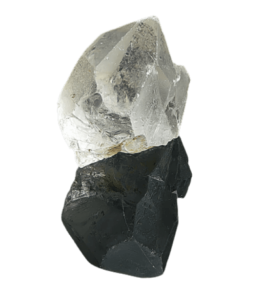Explore the captivating world of minerals, where nature’s chemistry meets crystalline beauty, shaping the foundation of Earth’s diverse landscapes. Delve into the geological wonders that span millennia, from dazzling gemstones to essential building blocks of industry.
Minerals, defined as solid chemical compounds with precise compositions, occur naturally in stable crystalline forms, distinguishing them from impurities. In geology and mineralogy, minerals refer specifically to inorganic substances naturally found in the earth’s crust.
Synthetic versions of certain minerals, commercially available, closely mimic their natural counterparts. Industrial methods produce artificial emeralds and sapphires that are nearly indistinguishable in size, hardness, and color from their naturally occurring counterparts.
Minerals, as foundational elements of Earth’s composition, exhibit unique chemical properties and structural integrity essential for various applications. Beyond their natural occurrence, the development of synthetic alternatives underscores human ingenuity, offering near-perfect replicas that blur the distinction between nature and technology.

Applications of Fly ash
- Minerals play a vital role in construction, contributing to the development of strong foundations, durable concrete, and resilient tiles.
- Their inherent water repellent properties make them invaluable for surface treatments, facilitating easy cleaning and enhancing the longevity of home improvement projects.
- Inherent to the creation process, minerals improve material cohesion, thereby enhancing strength, appearance, and durability.
- Beyond construction, minerals find extensive use across industrial, environmental, and agricultural sectors, impacting various aspects of daily life with their versatile applications.
Composition :
| Components | 90% |
| Silica | 1 |
| Aluminia | 2 |
| Inert gases | >4 |
